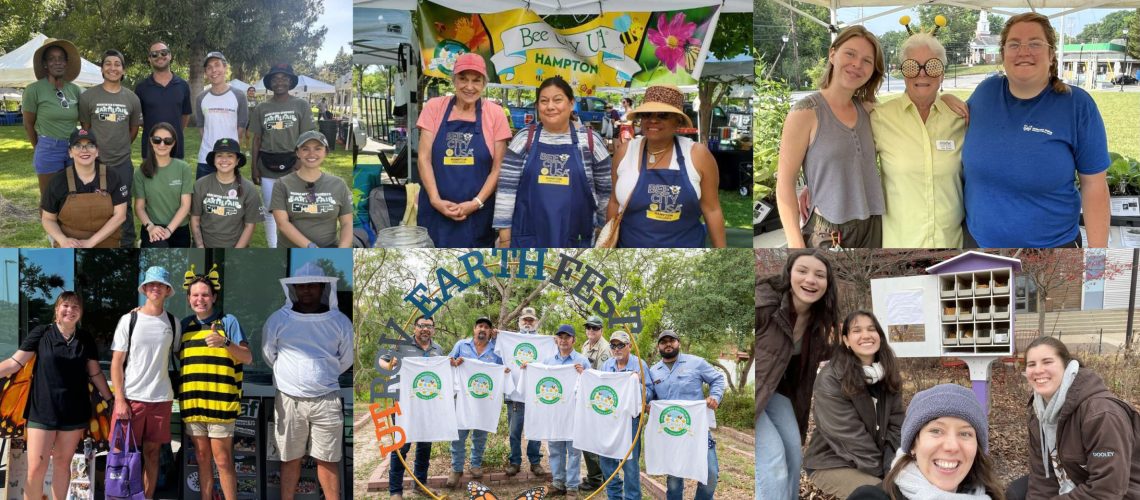Dear Friends,
This year, I have the honor of it being my third year managing Bee City USA and Bee Campus USA (and my tenth with the Xerces Society!). Each year, I get so excited to read everyone’s renewal reports. This is our largest, and I dare say, most impressive, batch of reports yet.
In 2023, we held virtual regional meetings, I visited affiliates and applicants around the state of Michigan, and we grew by 51 new cities and campuses. I am grateful to have the opportunity to support our partners and their amazing work.
What makes Bee City USA and Bee Campus USA special is how each affiliate carries out the commitments of this program in their own way. Their projects integrate into the culture of their community. There is so much strength created by the partnerships with agencies, clubs, local businesses, and even other Bee Cities and Campuses. Getting certified and staying certified takes work. We know it. But the projects you all create are fun, unifying, and community-building.
Last year, city and campus affiliates conducted dozens of bioblitzes and bee surveys, started seed libraries, tabled at farmers markets, taught kids to make seed bombs — and wore a lot of amazing bee costumes while they did it! Even pesticide reduction, a topic that may seem boring to some, on the ground can be pretty fun. It can mean goats, volunteer weed pulls, even flame weeders.
This annual report highlights the impressive range of habitat projects, events, and policies cities and campuses worked on during 2023, but it doesn’t cover everything that affiliates accomplished. We highly recommend going straight to the source and read the renewal reports themselves. These reports contain ideas, inspiration, and advice we can all utilize.
So much was achieved in 2023, and 2024 is shaping up beautifully. We’ve already added over 25 new affiliates, we’ve expanded our team with the addition of our new community engagement assistant Carly Hirschmann, and we’re rolling out a new Integrated Pest Management (IPM) Plan Toolkit this summer. Thank you to everyone who has contributed to the success of this community. We are so grateful for your expertise, creativity, and passionate advocacy for our pollinating neighbors.
Warmly,
Laura Rost, National Coordinator, and the Bee City USA and Bee Campus USA team
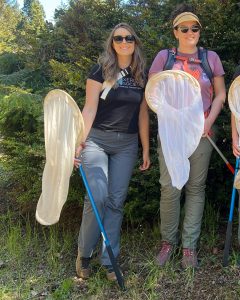
2023 BEE CITY USA AND BEE CAMPUS USA AFFILIATE SNAPSHOT
2023 City and Campus Stats:
- Pollinator-related events: 3,213
- Attendees at pollinator events: 322,654
- Pollinator habitat projects: 2,674
- Acres of pollinator habitat created or enhanced: 1,878
- Pollinator habitat participants: 19,366
- Total people engaged in pollinator conservation through community events, habitat projects, training courses, continuing education, and service learning: 345,036
- Affiliates at end of 2023:
- Bee Cities: 202
- Bee Campuses: 177
- Total: 379
2023 Campus-Only Stats: Our Bee Campus USA affiliates have a few additional commitments. Each year, they integrate pollinator conservation into curriculum, and continuing education or service learning:
- Service learning projects to enhance pollinator habitat on and off-campus: 34
- Students in those service learning projects: 533
- For-credit courses that included pollinator-related information: 11
- Students in those for-credit courses: 2,283
- Continuing education courses including pollinator-related information: 8
- Participants in those continuing education courses: 200
Highlights of Affiliates' 2023 Renewal Reports
Below we’ve displayed report snapshots as slideshows. To pause the scrolling content:
- If you are using a computer, float your cursor over the image or text.
- If you are using a phone or tablet touch the image or text.
POLLINATOR HABITAT
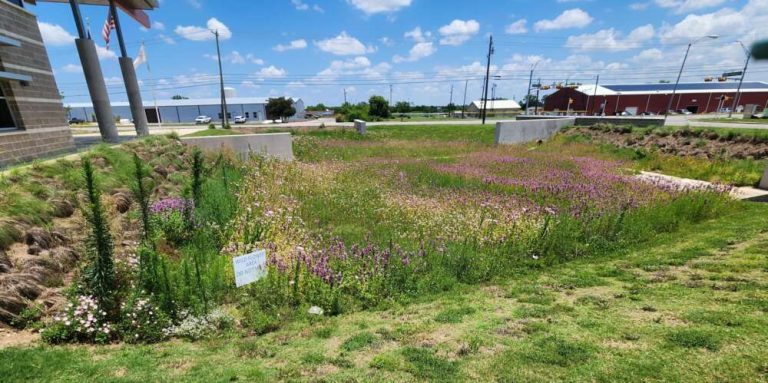
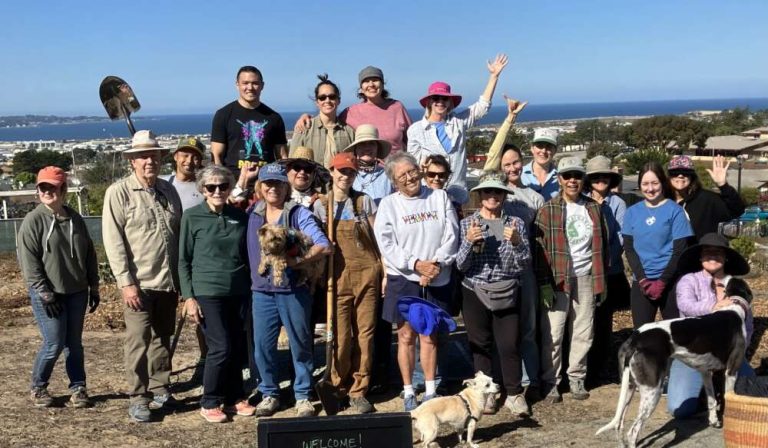
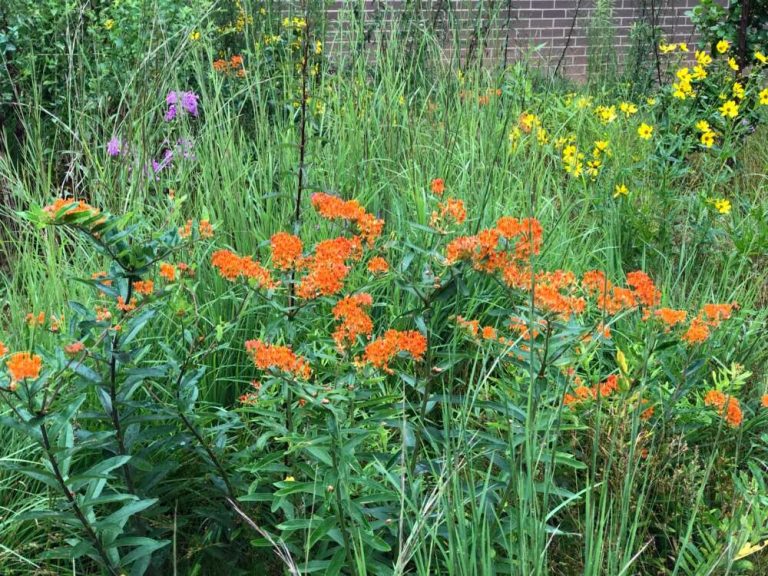
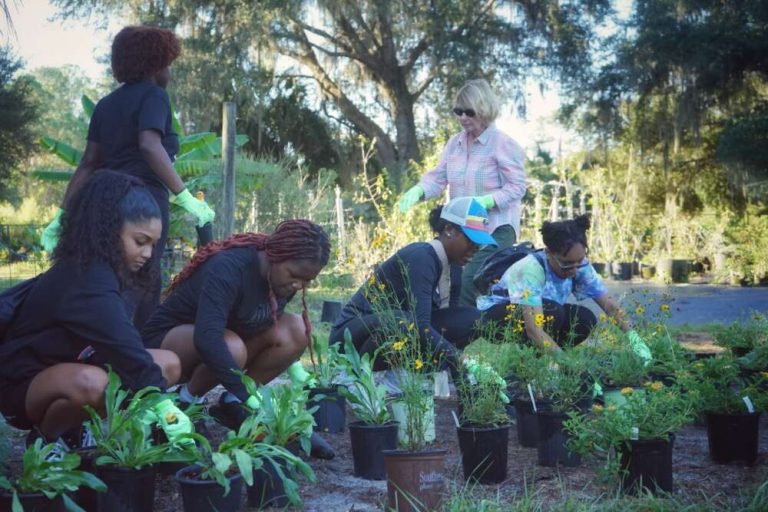
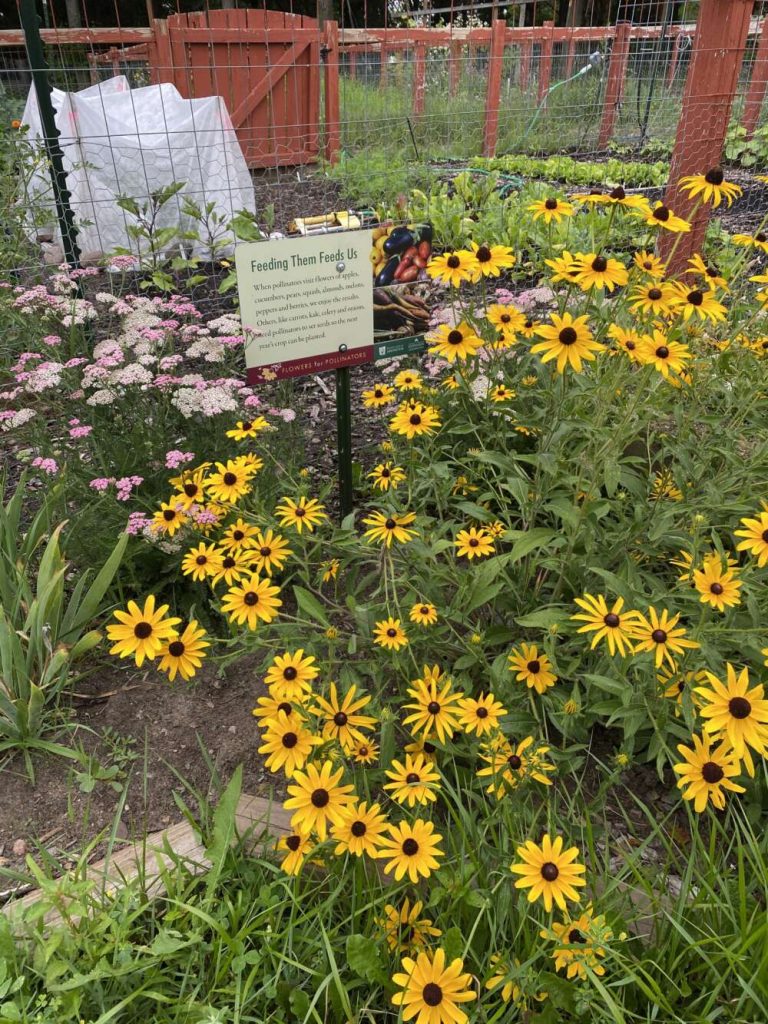
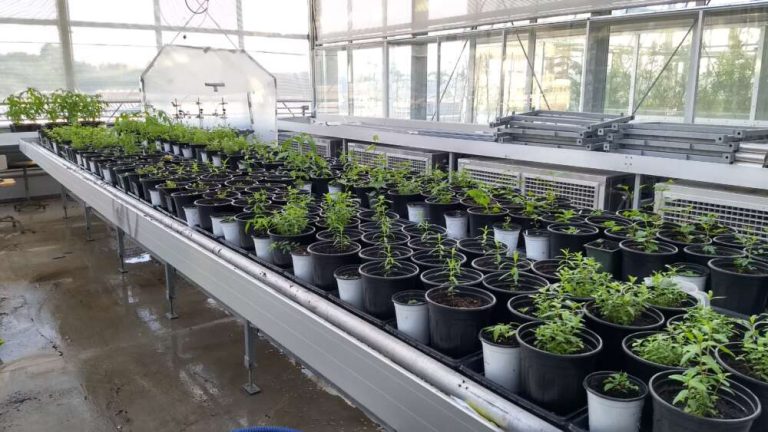

REDUCING PESTICIDES
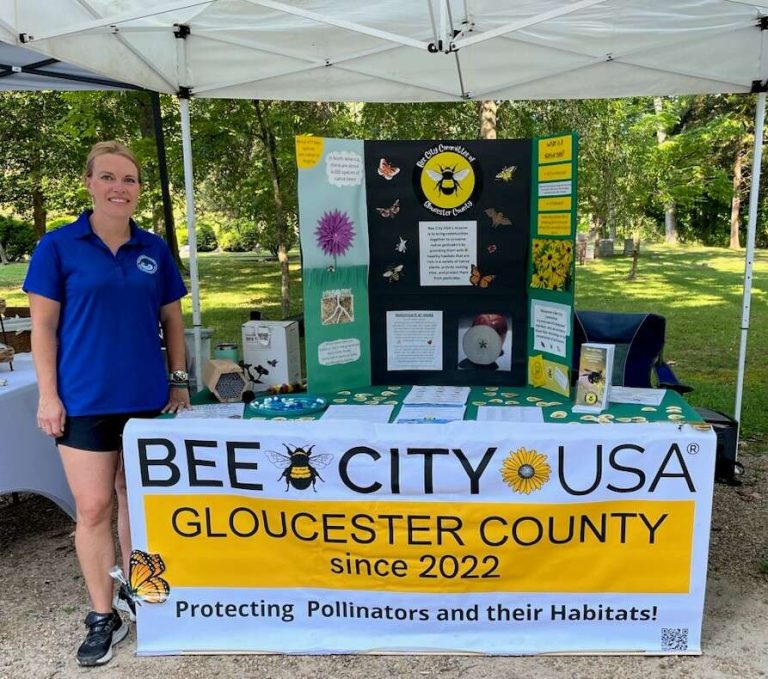
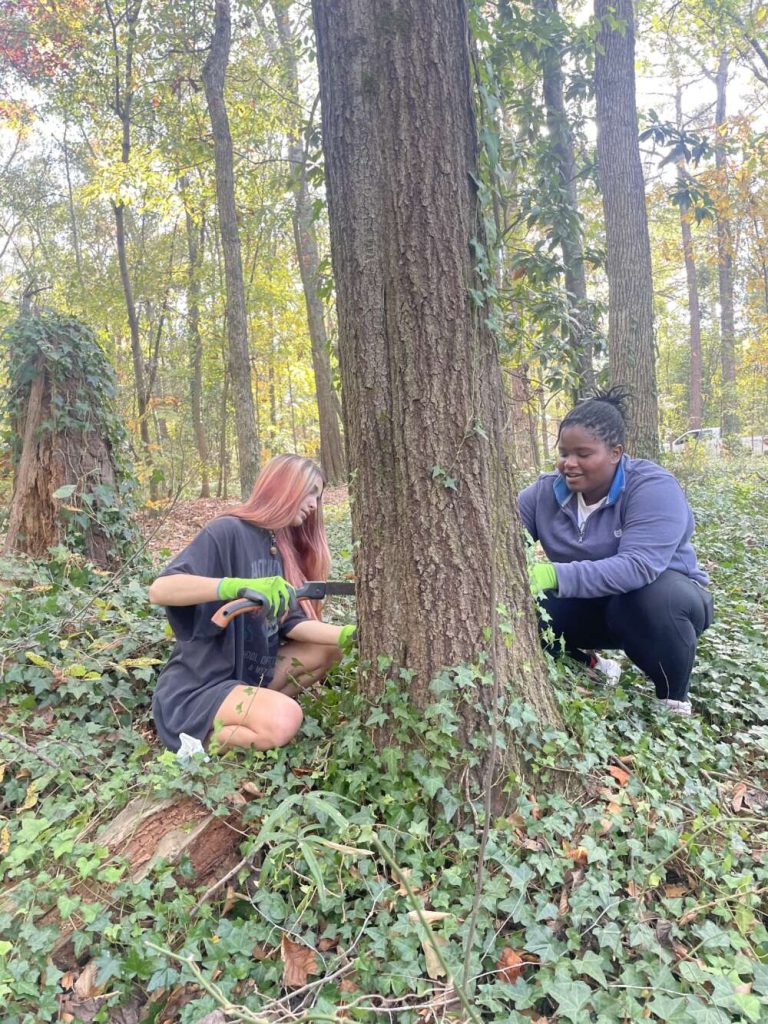
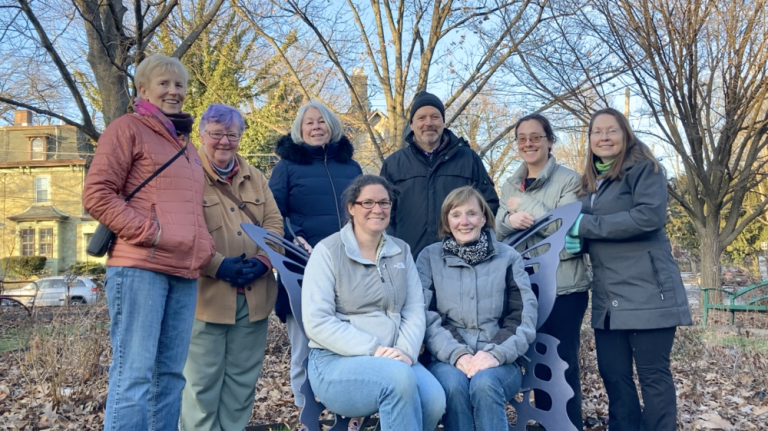

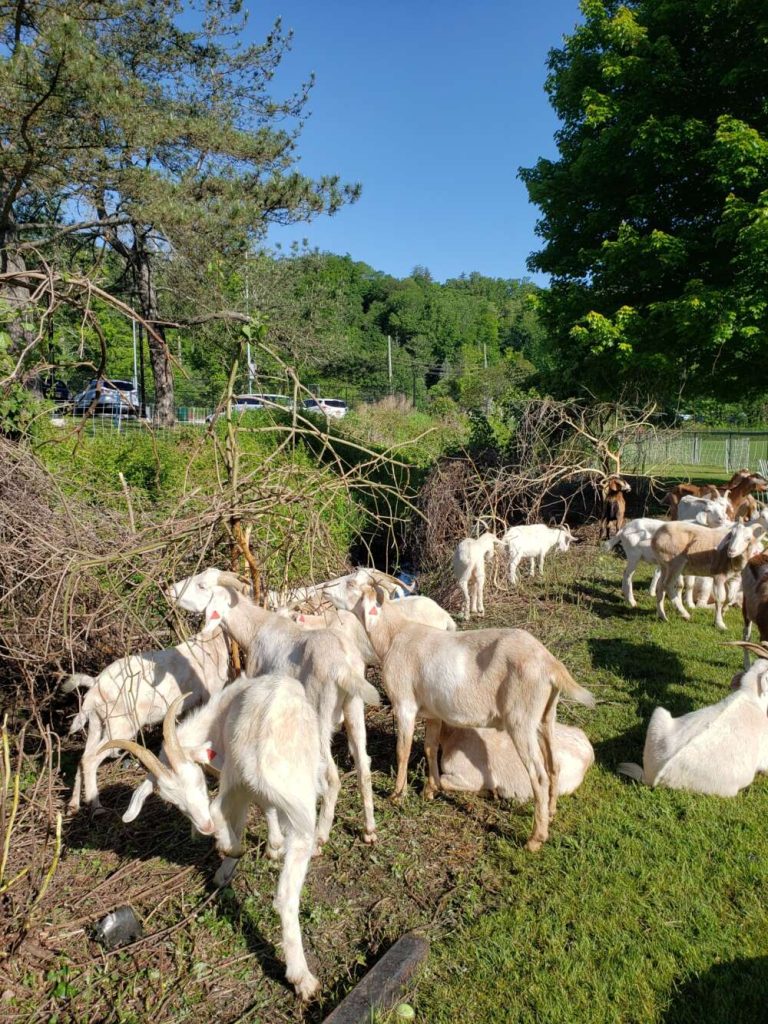
BEE CITIES AND CAMPUSES WHO ARE PESTICIDE-FREE
The following Bee Cities dropped pesticide use altogether on city grounds:
- Bethania, NC
- Santa Barbara, CA
- Seaside, CA
- Talent, OR
- Williamstown, WV
The following Bee Campuses have dropped pesticide use altogether on campus grounds:
- Indiana State University, IN
- Lane Community College, OR
- Southern Oregon University, OR
- SUNY Upstate Medical University, NY
- University of Texas at Austin, TX
Congratulations affiliates! What an impressive feat. 👏👏👏
POLLINATOR-CONSCIOUS POLICIES AND PLANS
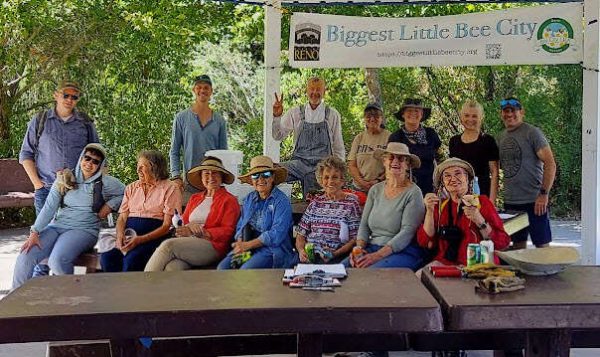

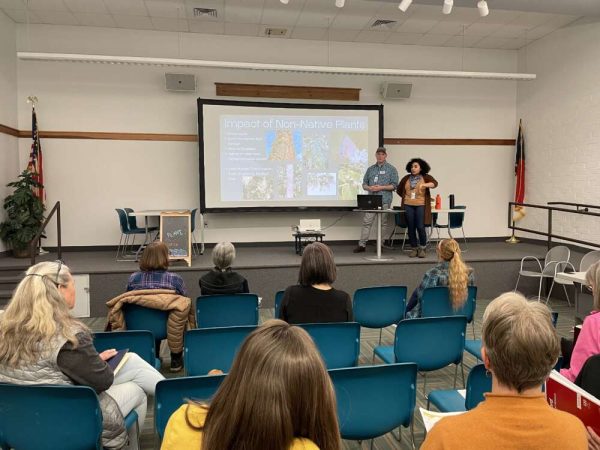
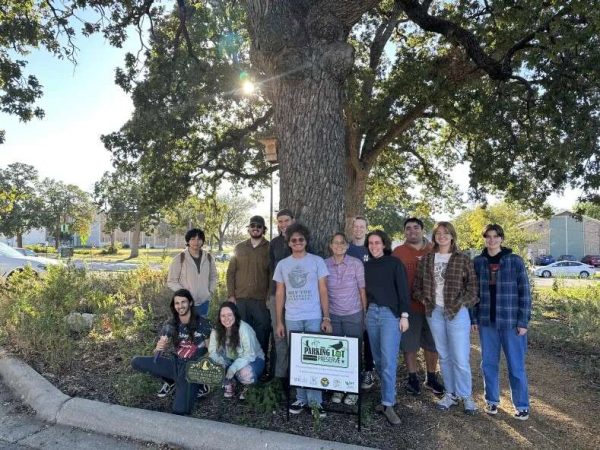
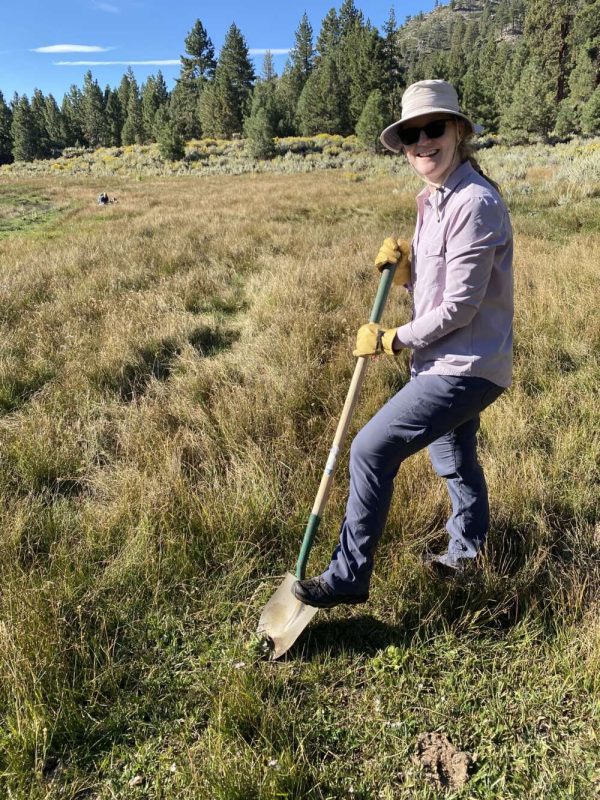
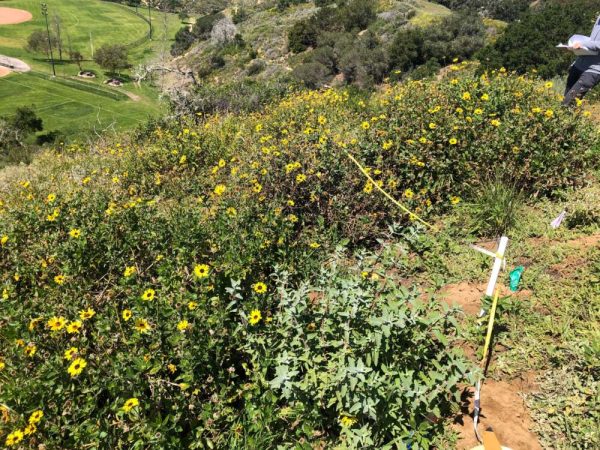
Outreach and Events
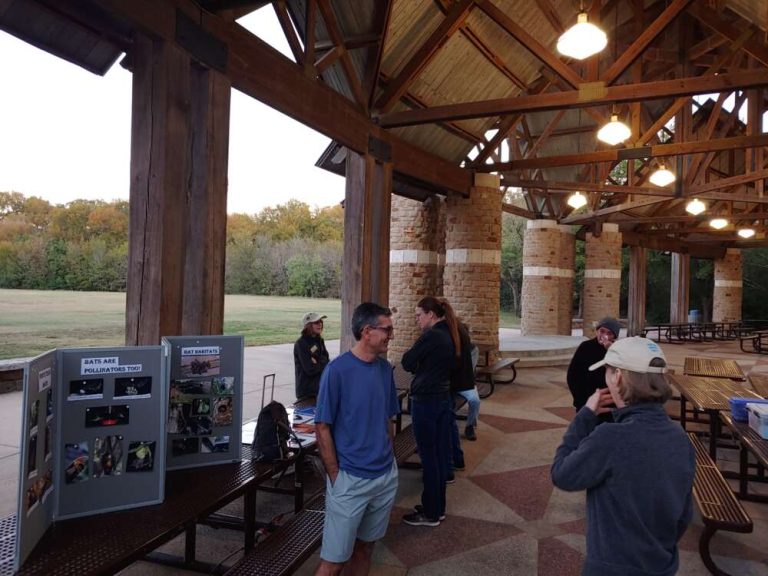
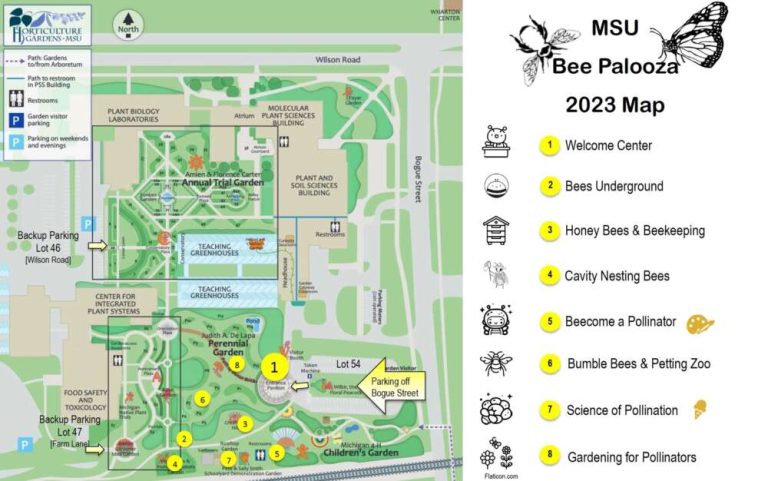
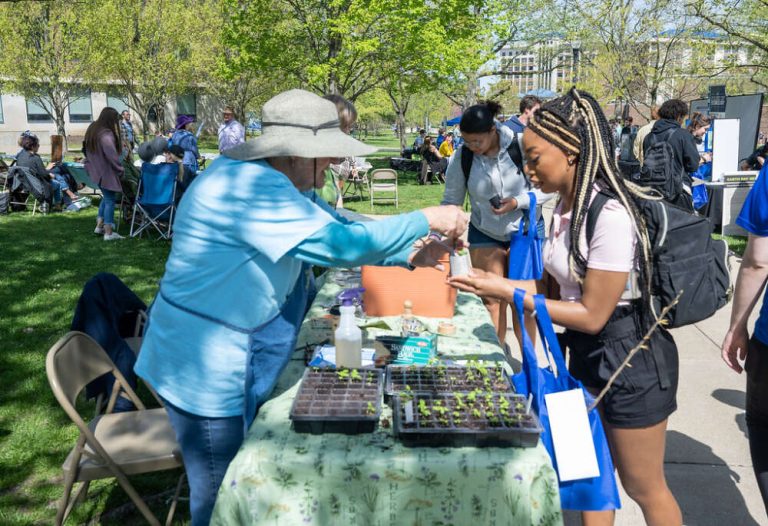
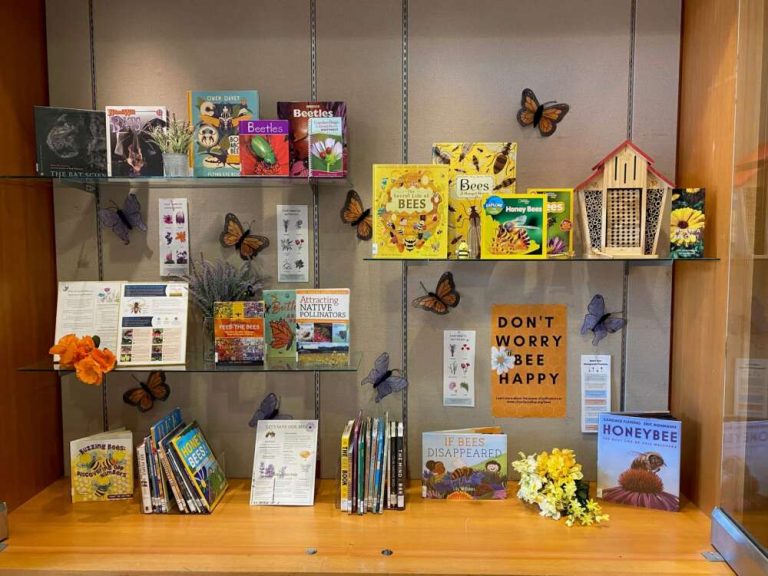
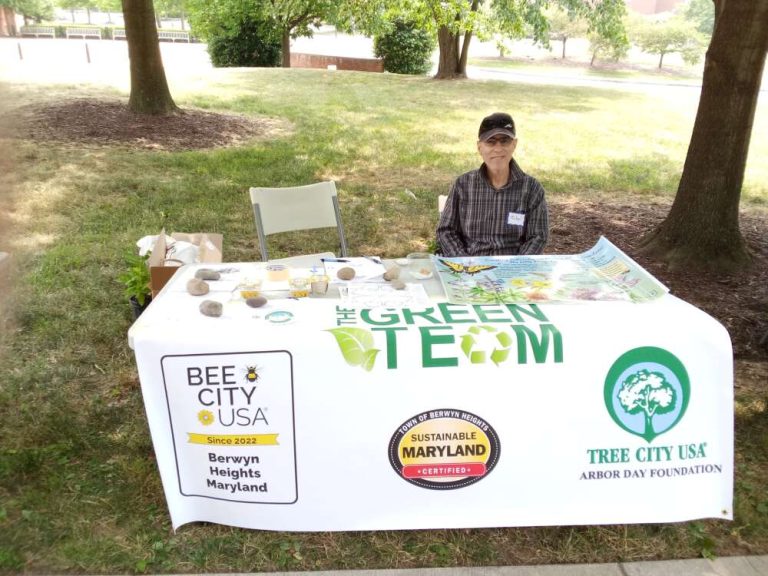
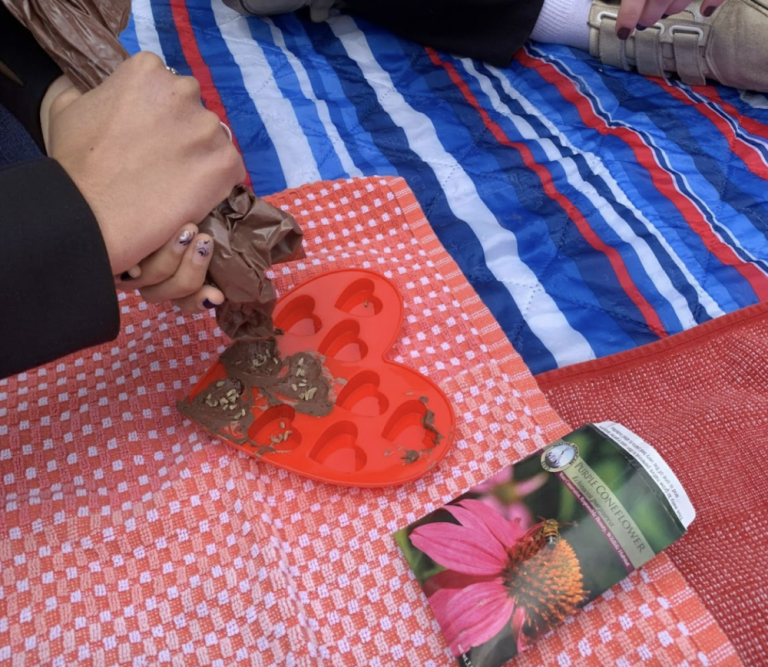
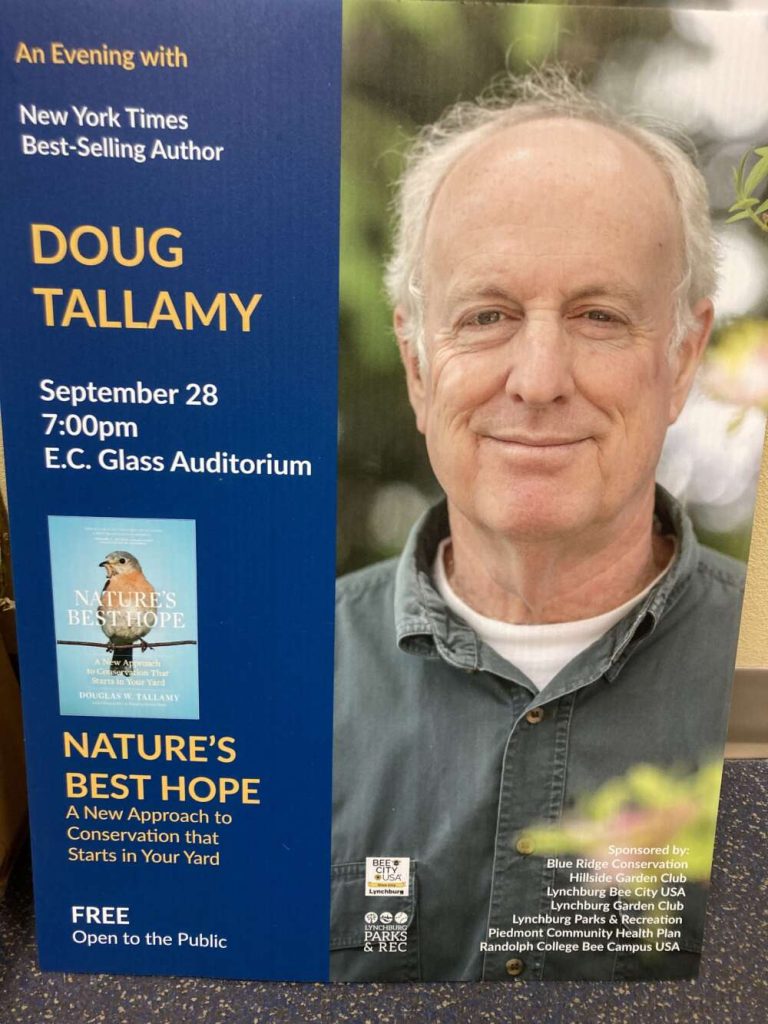
BEE CAMPUS COURSES AND CONTINUING EDUCATION
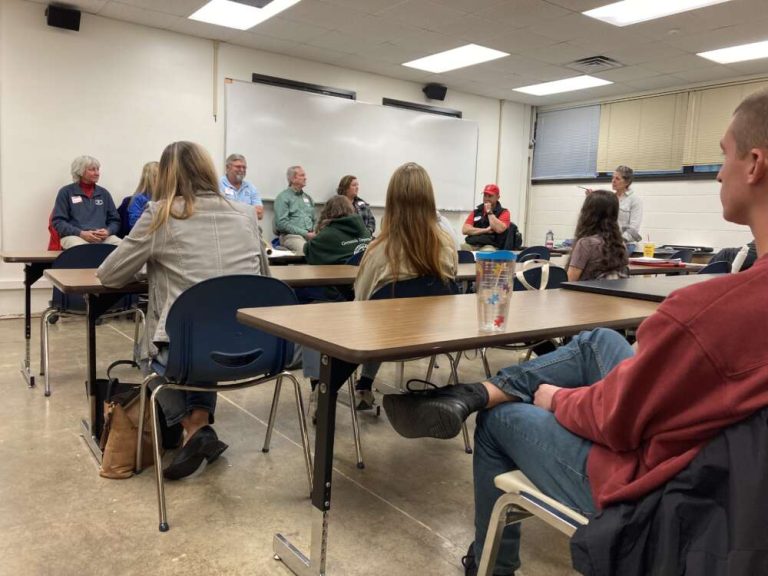
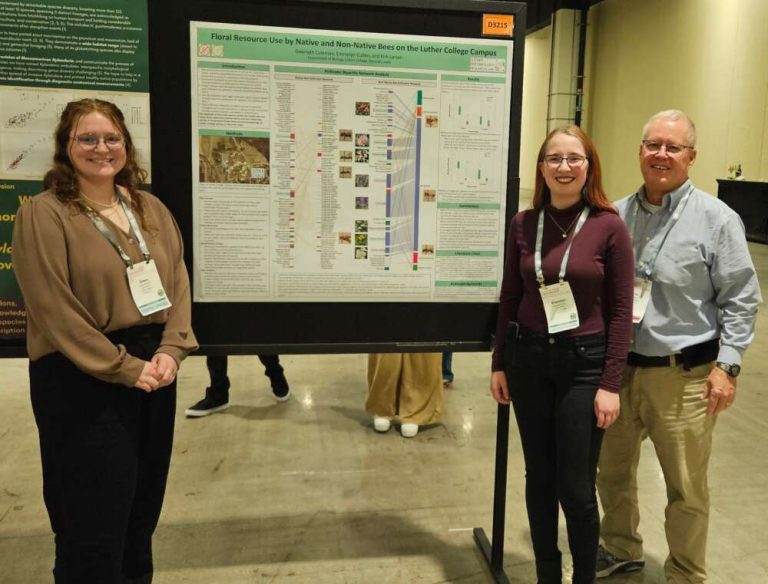
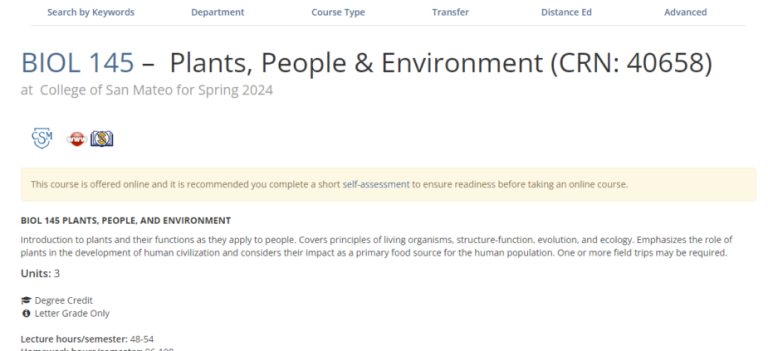
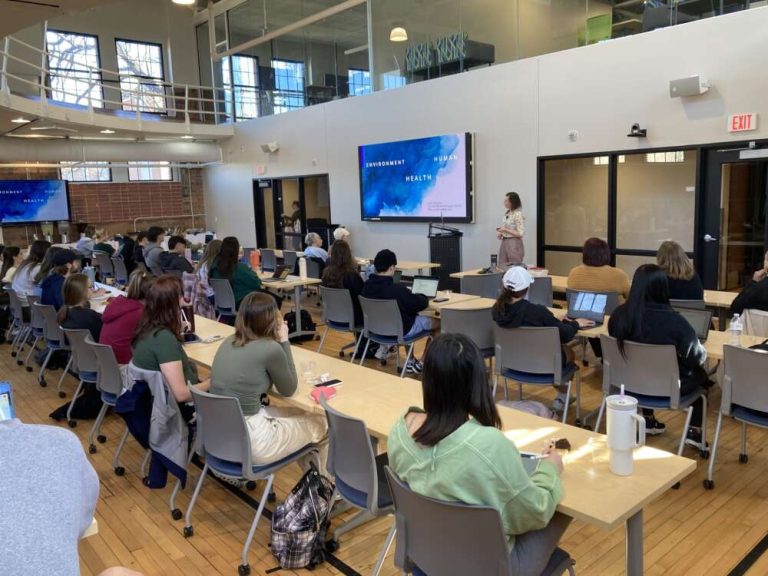
BEE CAMPUS SERVICE LEARNING
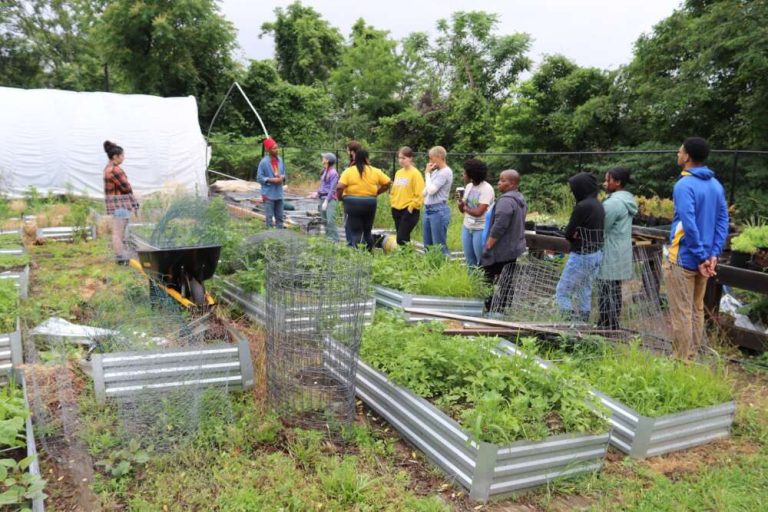
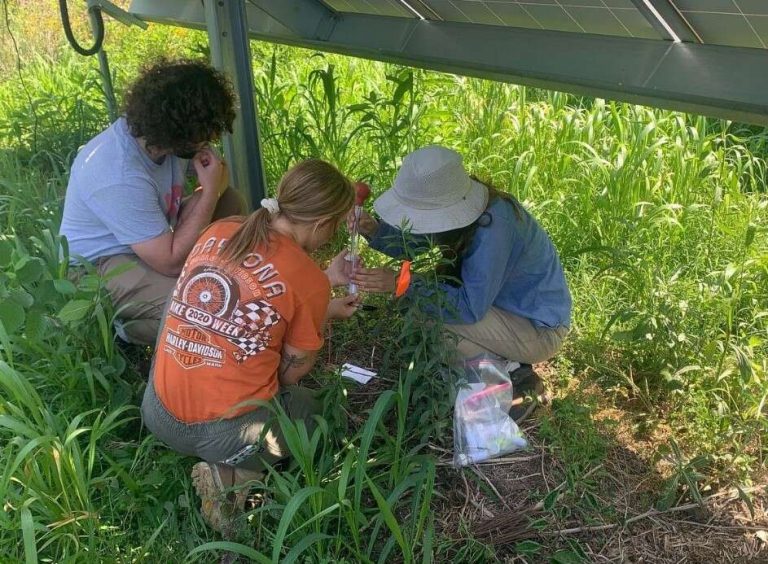
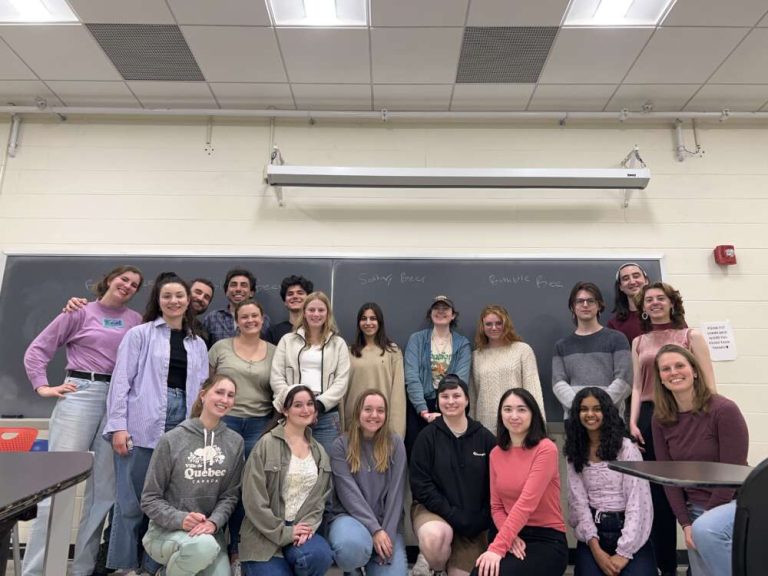
SIGNAGE
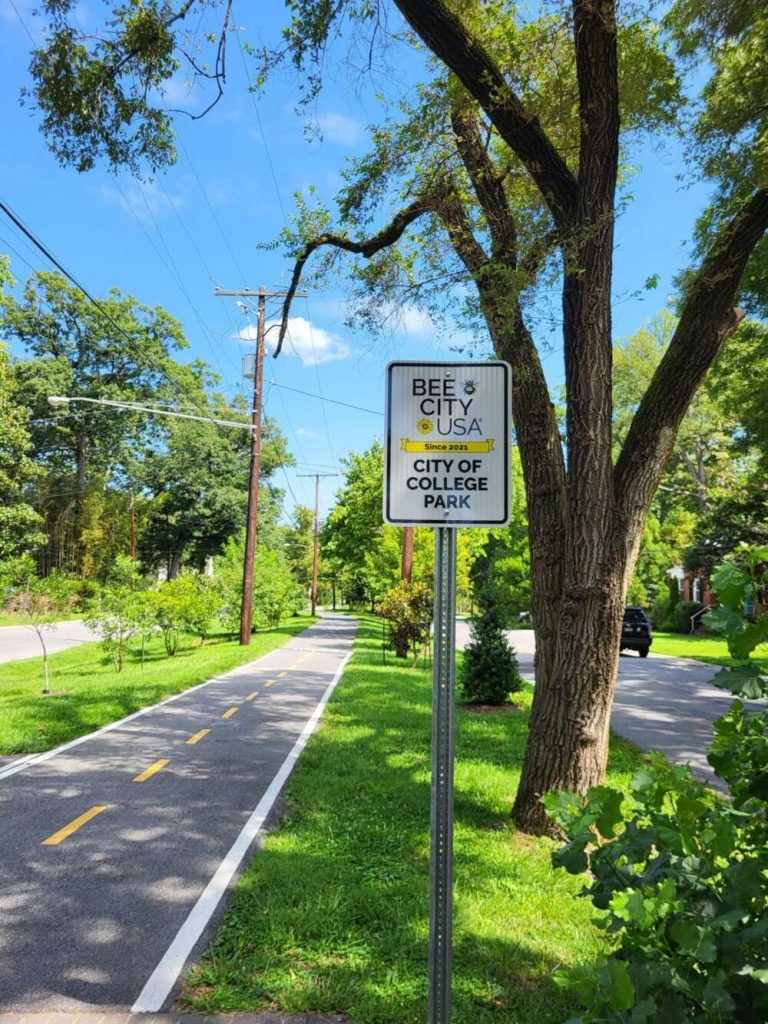
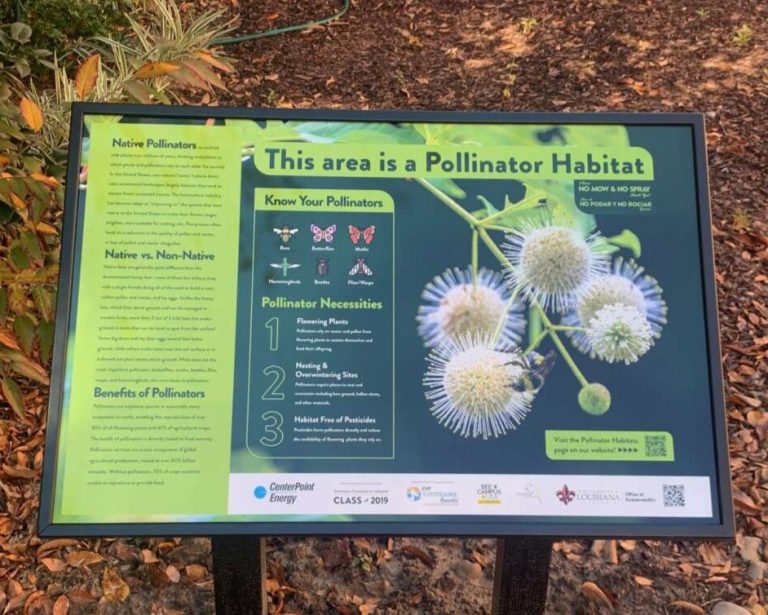
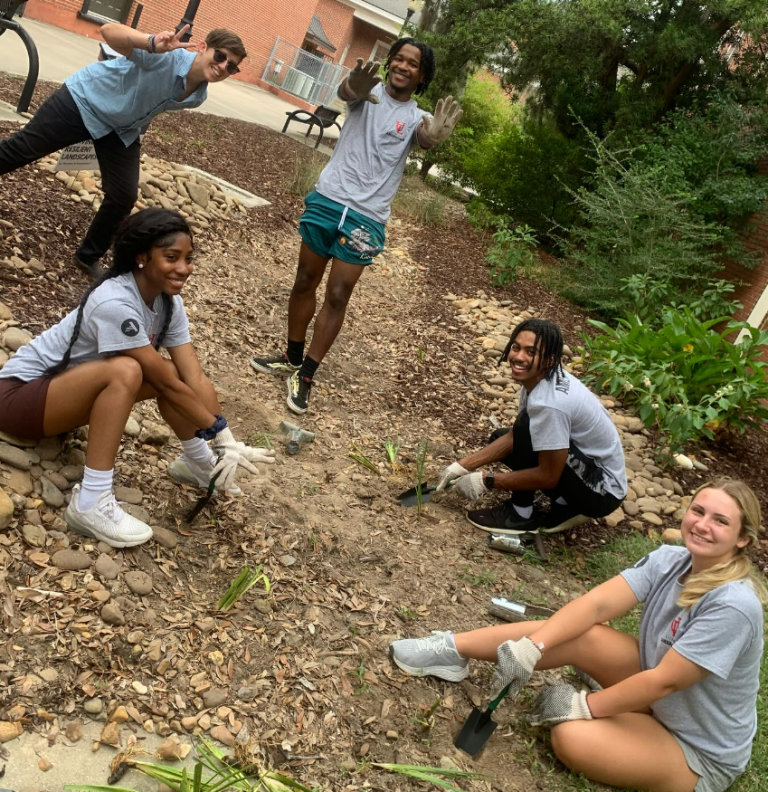
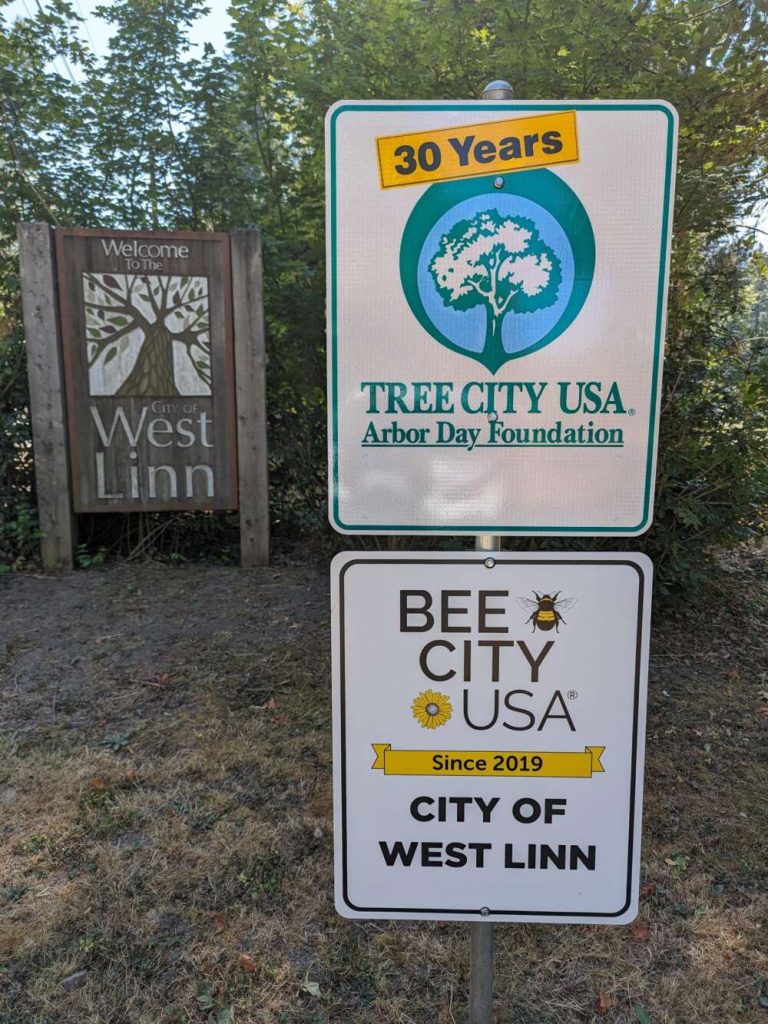
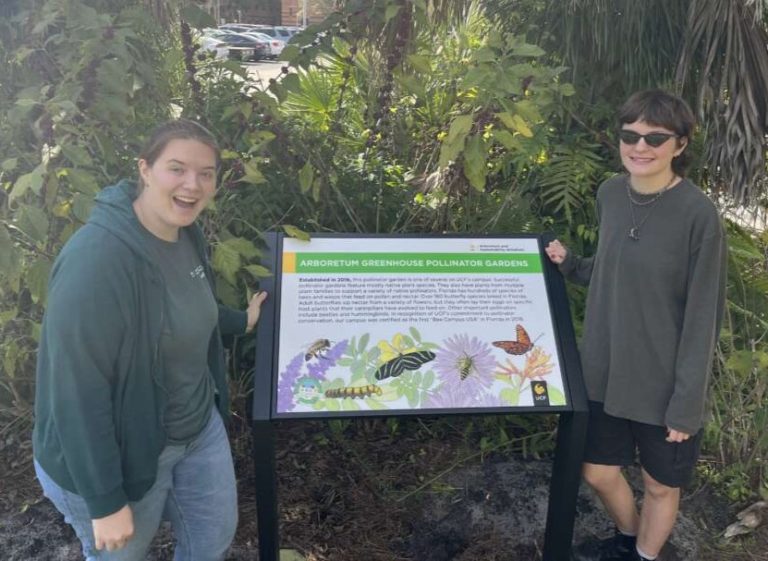
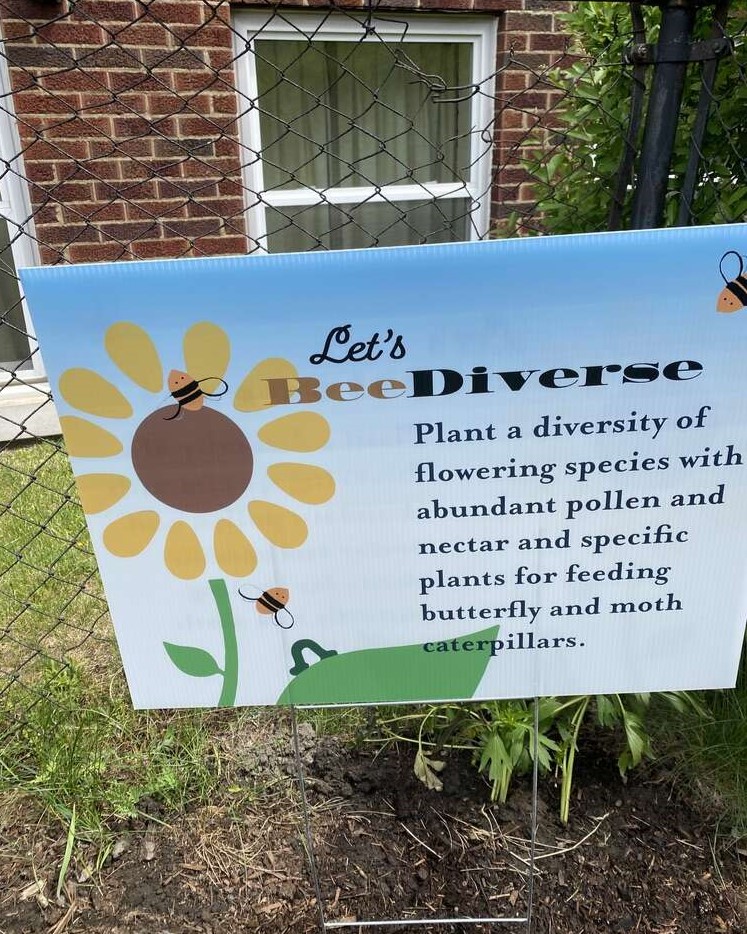
LESSONS LEARNED








And the pollinators showed up!
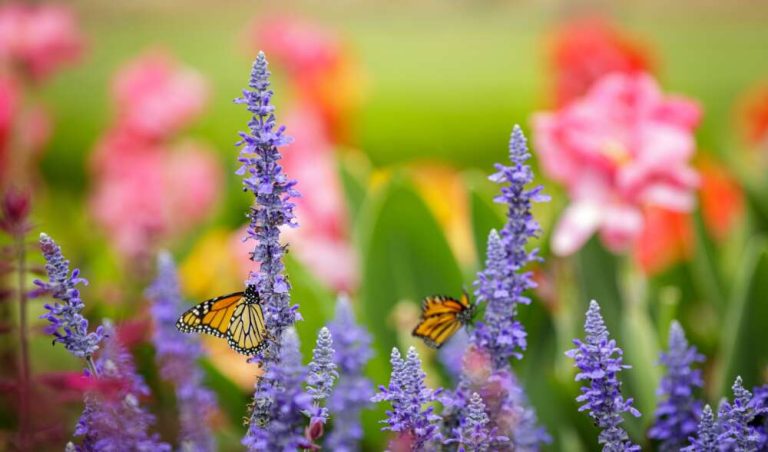
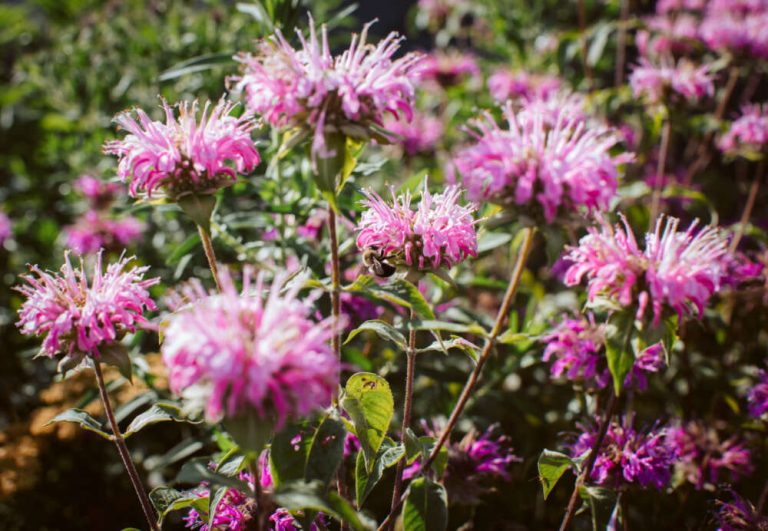
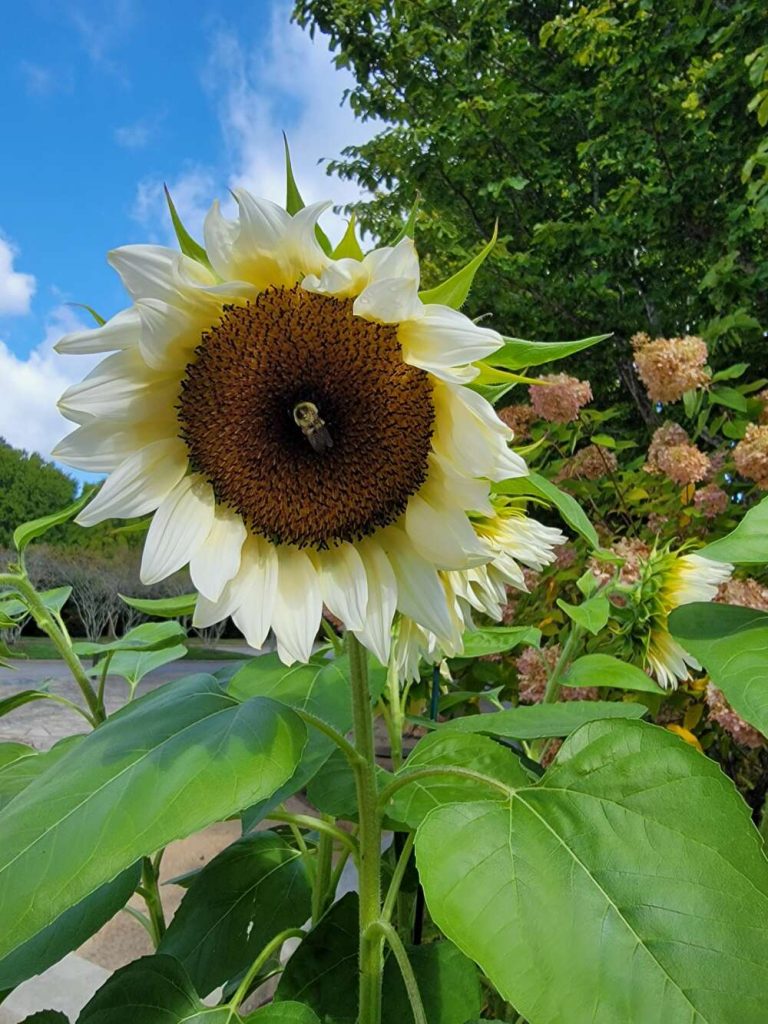
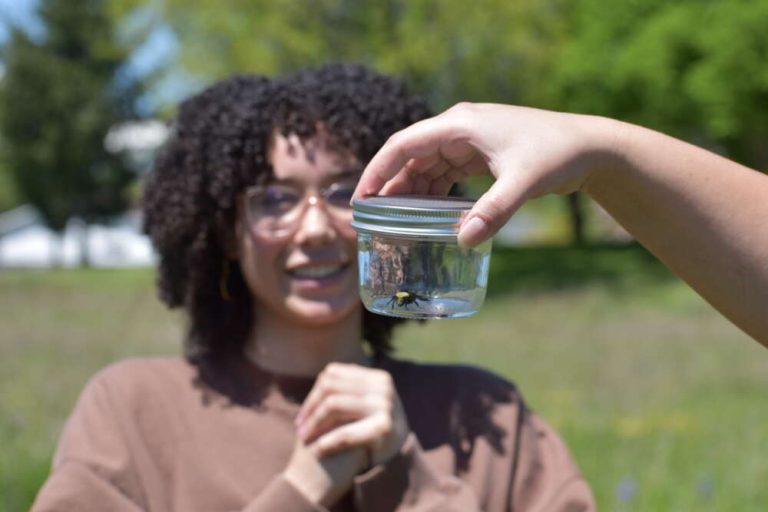
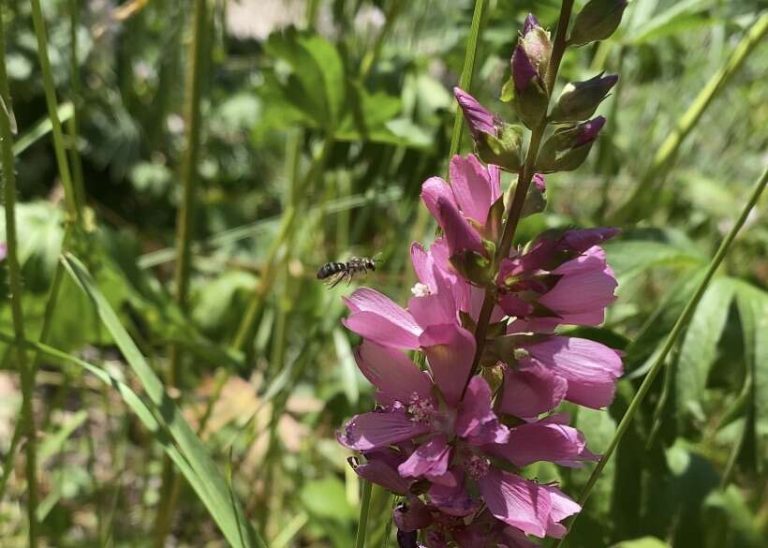
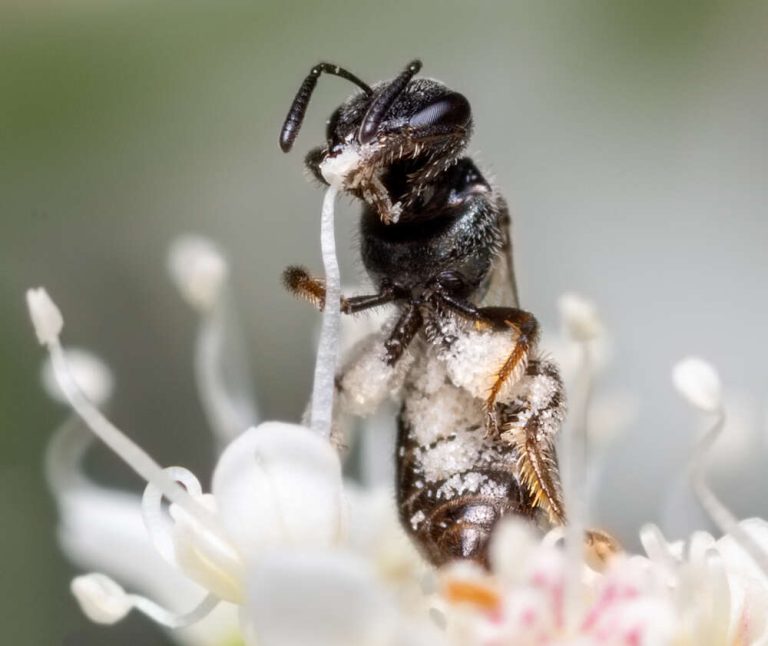
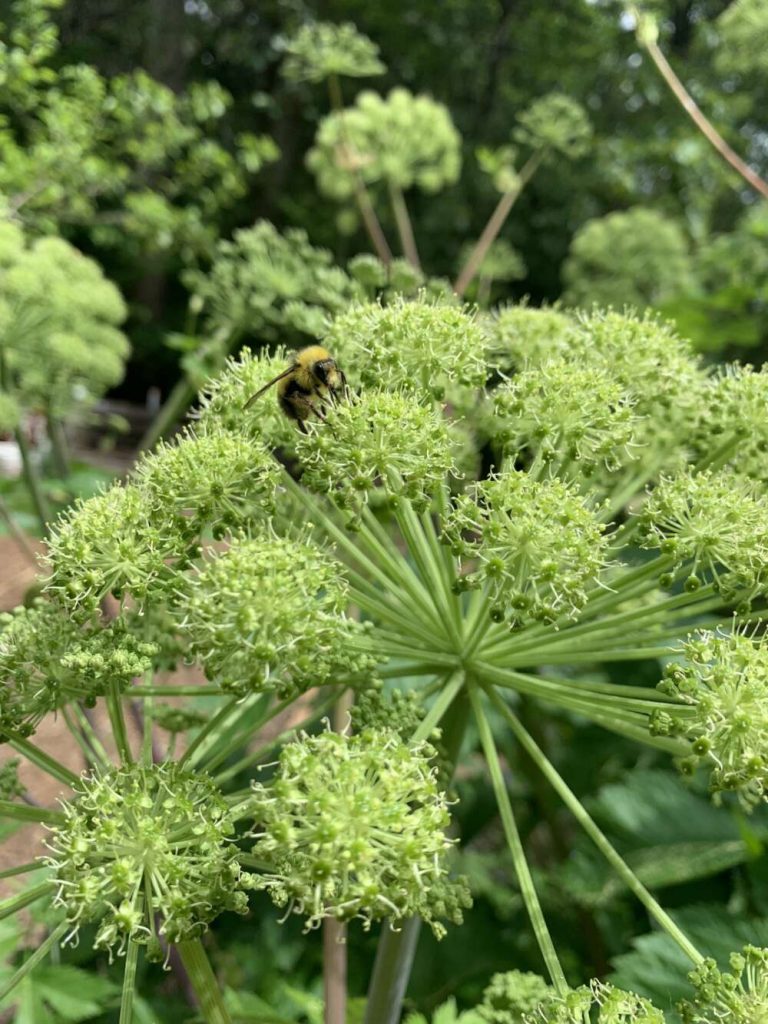
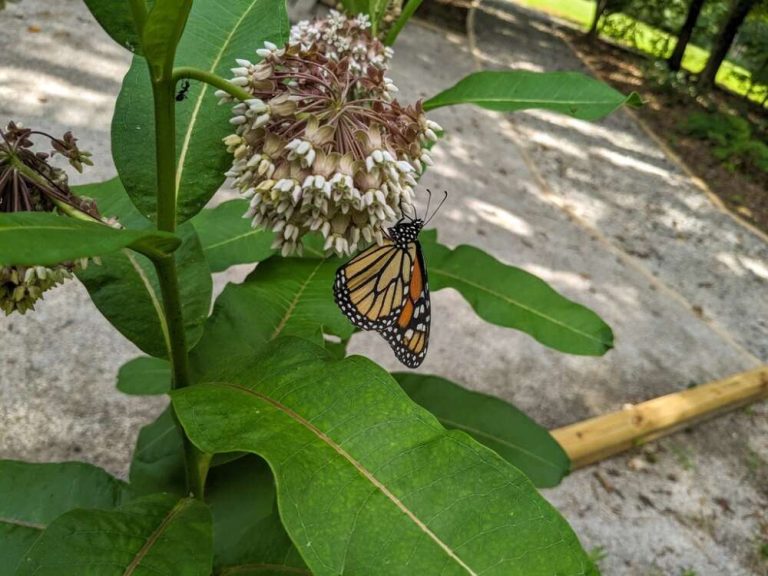
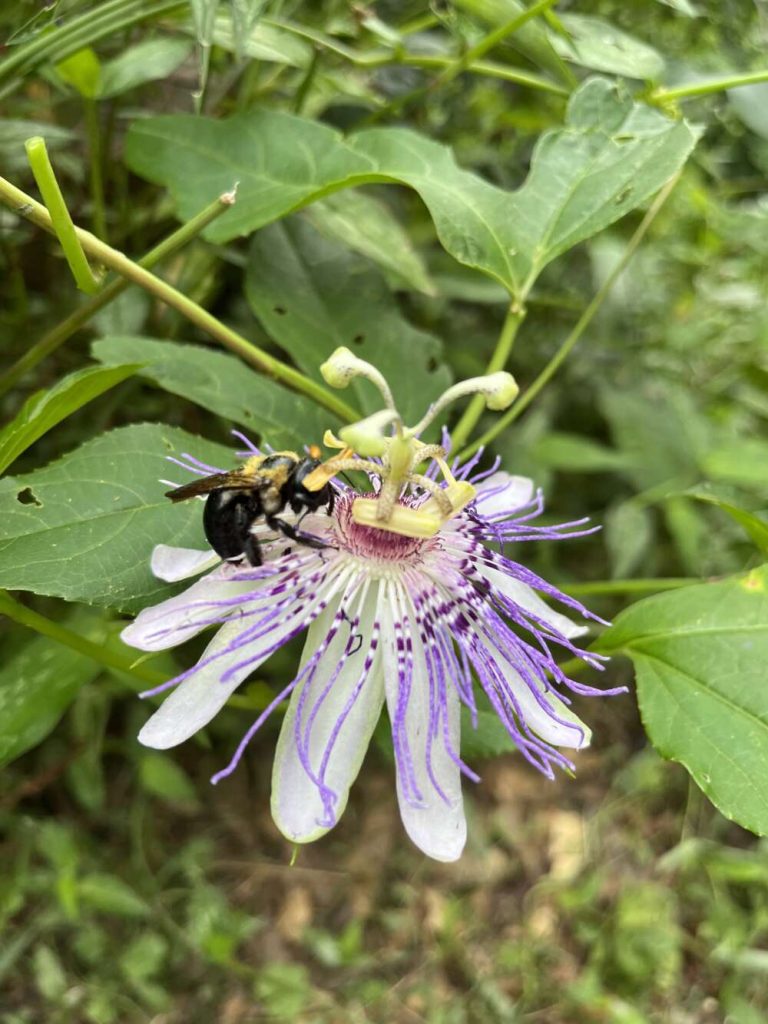
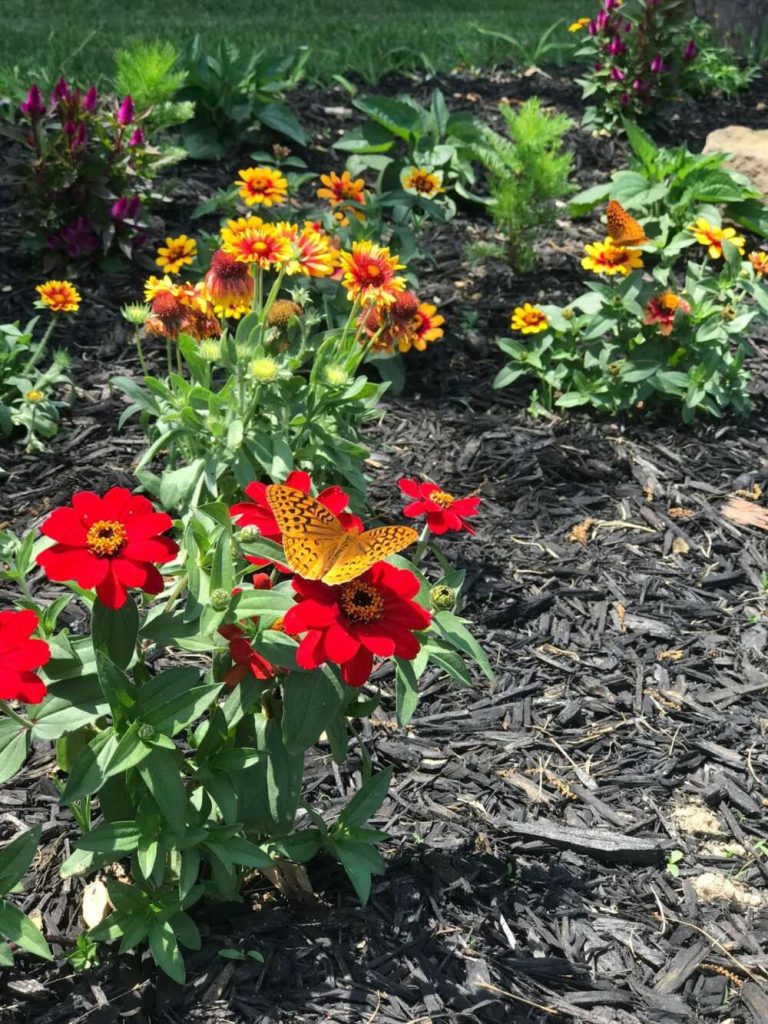
Banner photos:
Top, L to R:
- Bee Campus USA California State University Northridge, CA. Credit: James Forrester
- Bee City USA Hampton, VA. Credit: Wendy Iles
- Bee City USA Lookout Mountain, GA & TN. Credit: Bee City USA Lookout Mountain, GA & TN
Bottom, L to R:
- Bee Campus USA East Carolina University, NC. Credit: SustainabiliBEES
- Bee Campus USA University of Texas Rio Grande Valley, TX. Credit: David Pike
- Bee Campus USA Tufts University Medford-Somerville, MA. Credit: Erin Treanore
